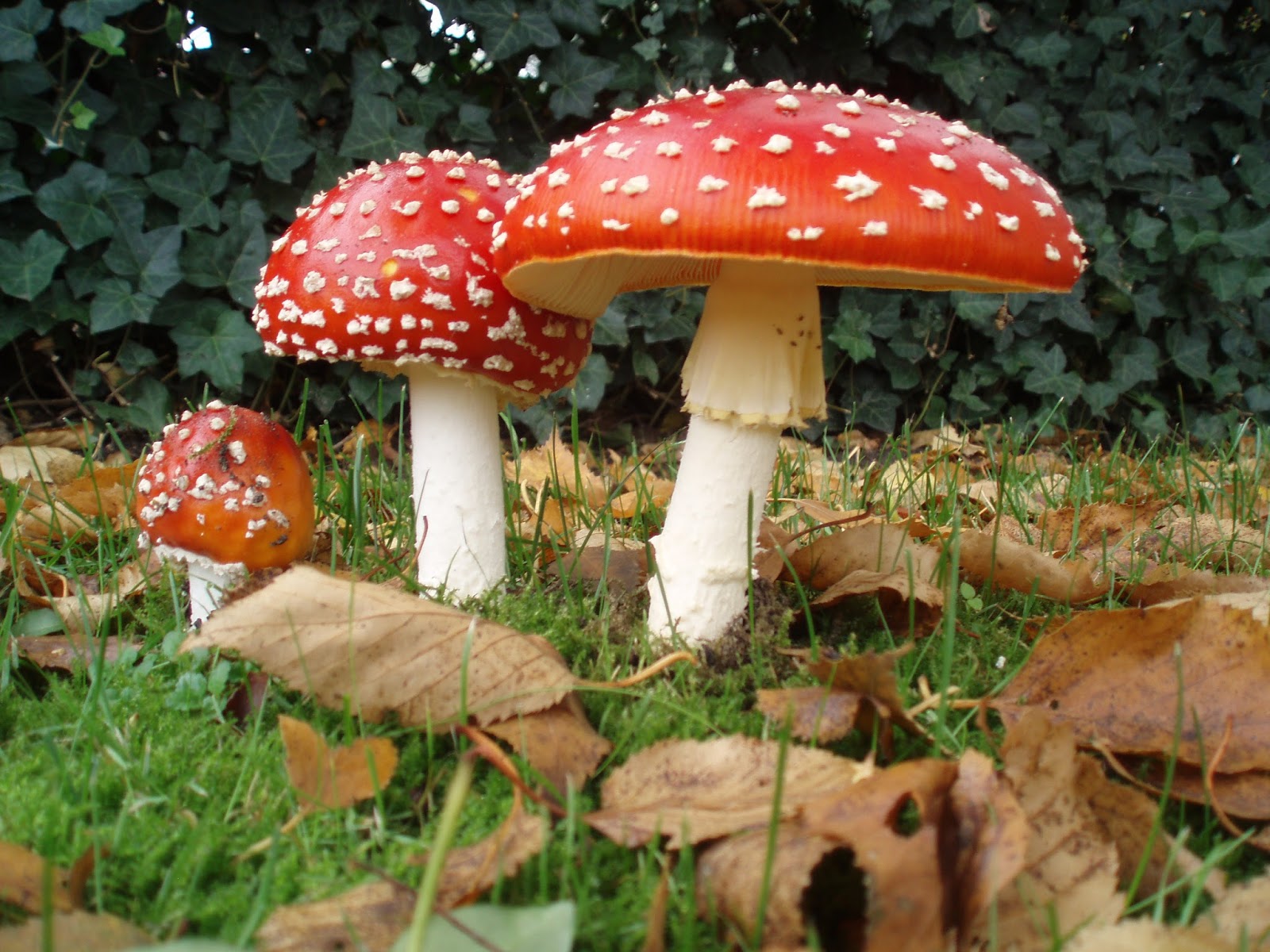Dylan Lynch
Staff Writer
Hallucinogenic drugs, such as ‘magic mushrooms’, have often been associated with the onset of various mental illnesses. However, recent studies have shown that hallucinogens may not cause mental health disorders at all, but can be used to effectively treat chronic sufferers of diseases such as depression and anxiety. Unfortunately, due to strict substance control laws, it is near impossible for any considerable research to be carried out on these compounds.
One compound in particular, which is a Schedule 1 or ‘Class A’ drug and highly illegal to possess, is lysergic acid diethylamide or LSD-25. This compound has been wrongly tied to depression for many years, but is a promising candidate for treating alcoholism. Last August, Norwegian scientists Pål-Ørjan Johansen and Teri Krebs carried out six randomized trials to test the theory that LSD could be used to treat alcoholism. In a group of 536 adults who were given a single dose of LSD, 59% either greatly cut back their drinking, or quit entirely over the following months. Only eight cases of adverse side effects were recorded. Many of the patients reported that the reason they beat their addiction was because the ‘trip’ from the LSD helped them connect with their inner self and explore the problems that may have led to their alcoholism in the first place.
Another infamous hallucinogen with surprising medical uses is the ‘magic mushroom’; namely, the Psilocybe group. These ‘shrooms’ have been used to treat all manner of mental illnesses from chronic depression to severe anxiety in terminal cancer patients. In 2011, 12 late-stage terminal cancer patients were given either a pure dose of psilocybin (the psychoactive part of magic mushrooms), or a placebo where they were given a vitamin. These patients had long suffered with depression due to their disease, and all other medications (antidepressants, etc) had failed.
Remarkably, those patients who had been dosed with psilocybin reported lower levels of anxiety over the next three months, and reduced levels of depression for up to six months after the dose. This is mostly due to how the psilocybin molecule is broken down in the body. Psilocybin, through a complex pathway in the body, is metabolised to serotonin, the ‘mood molecule’, which controls appetite, sleep and mood elevation. Psilocybin mushrooms have also proven effective at treating tobacco and alcohol addictions, however these studies are just beginning.
“Patients dosed with psilocybin reported lower levels of anxiety over the next three months, and reduced levels of depression for up to six months.”
As hallucinogens are classed as illegal drugs in almost every first world country, it has proven quite difficult for this particular science to advance. Theoretical and experimental research is currently being carried out all over the globe into separating the psychoactive compounds into their useful therapeutic parts, so that the dangerous hallucination-inducing compounds can be removed and discarded. Most research teams will not be licensed to experiment unless all psychoactive properties are completely destroyed, which proves to be extremely costly and time consuming. We have to ask ourselves, should we relax our laws to further scientific endeavour, or is the risk of drug abuse too dangerous?
David Nutt, president of the British Neuroscience Association, said earlier this year: “we live in a world of insanity in terms of regulating drugs”. He also stated at a conference in London last April: “though researchers have received funding and approval from an ethics board, legal requirements of pharmaceutical companies have stalled the project”. At the conference, Nutt also described regulatory authorities in Britain and Europe as having a “primitive, old-fashioned attitude that Schedule 1 drugs could never have therapeutic potential”. While governments are still investigating methods of using psychedelics as a form of weaponry, widespread pharmaceutical licenses seem to be as elusive as ever.
Some countries are beginning to encourage clinical trials involving psychedelic drugs as a therapeutic approach to addiction and chronic mental illness. The substance control laws in New Zealand, for example, have recently been tweaked so that doctors can begin using a naturally occurring hallucinogen native to Africa called ‘ibogaine’ to treat methamphetamine addiction. Other countries, such as Brazil are beginning to follow suit, with ethics boards finally giving the go ahead for human testing.
So we must ask ourselves a question: are the research and therapeutic possibilities of these mind-altering drugs worth a change in substance control laws, or is the risk of abuse and theft too great? Without any doubt, in the wrong hands these psychedelic drugs can ruin lives and destroy relationships. But in the right hands, those of researchers, pharmacists and qualified doctors, should we really overlook the possibilities of effective chronic mental illness therapies and possible cures?






